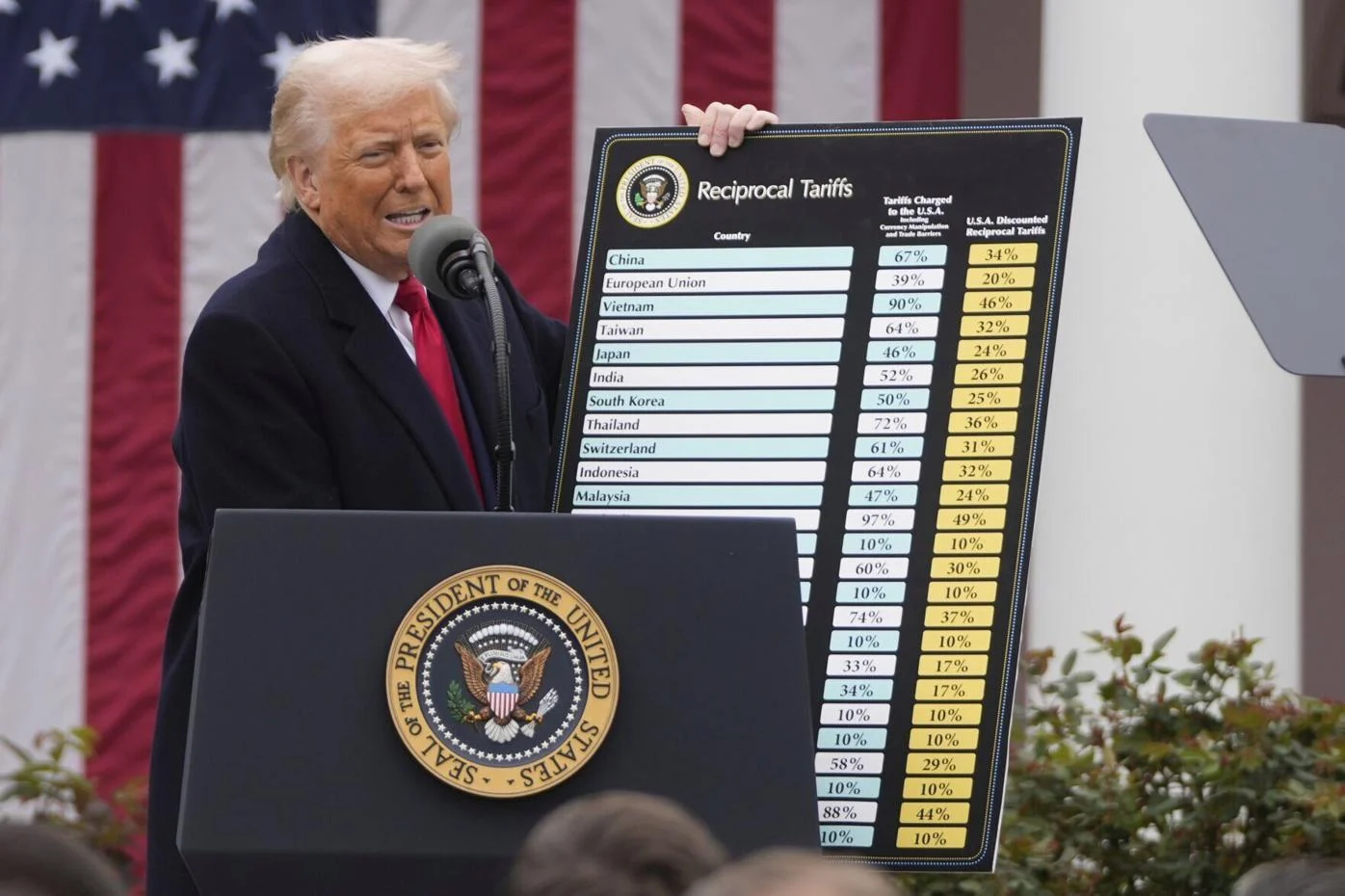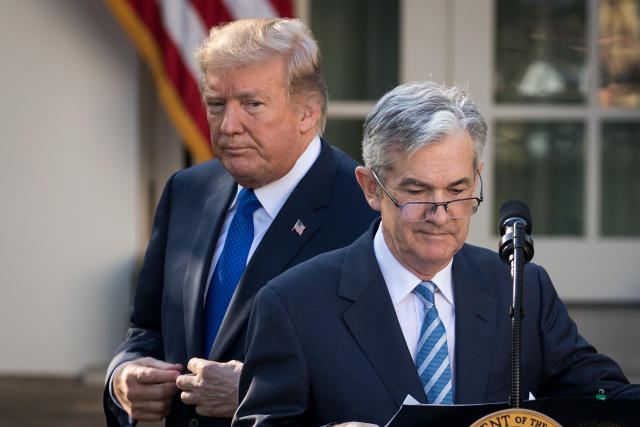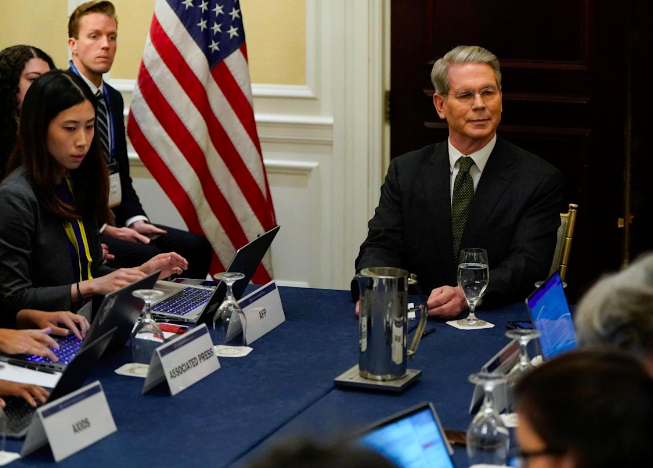Federal Judge Dismisses California Lawsuit Over Trump Tariffs, Citing Jurisdiction
In a significant legal development, a federal judge in California has dismissed the state’s lawsuit challenging former President Donald Trump’s tariffs, citing jurisdictional issues. The decision underscores the importance of adhering to established legal channels when contesting federal trade policies.
U.S. District Judge Jacqueline Scott Corley ruled that California’s case against the Trump administration’s tariffs should have been filed in the U.S. Court of International Trade (CIT) in New York, not in the Northern District of California. This specialized court has exclusive jurisdiction over matters related to international trade and customs laws.
Rather than transferring the case to the appropriate court, Judge Corley dismissed it outright. This move allows California to appeal the decision to the U.S. 9th Circuit Court of Appeals, a court known for its liberal leanings.
The lawsuit, filed by Governor Gavin Newsom and Attorney General Rob Bonta, argued that President Trump exceeded his authority under the International Emergency Economic Powers Act (IEEPA) by imposing tariffs without congressional approval. They contended that the tariffs, labeled as “Liberation Day” tariffs, were unjustified and harmful to California’s economy.
However, the Trump administration maintained that the tariffs were necessary to address national economic security concerns and to rectify longstanding trade imbalances. They argued that the IEEPA provided the President with the authority to take such actions in response to national emergencies.
The dismissal of California’s lawsuit highlights the challenges states face when attempting to counter federal trade policies through legal means. It also emphasizes the importance of filing such cases in the correct judicial venue to ensure they are heard and adjudicated appropriately.
While this ruling is a setback for California officials, it does not mark the end of legal challenges against the tariffs. Other lawsuits filed in the U.S. Court of International Trade have resulted in rulings against the Trump administration’s tariff policies. For instance, a three-judge panel recently ruled that the President overstepped his authority under the IEEPA by imposing sweeping tariffs without clear congressional authorization.
Despite these rulings, the Trump administration has appealed the decisions, and the tariffs remain in effect pending further legal review. The U.S. Court of Appeals for the Federal Circuit granted a temporary pause on the trade court’s decision, allowing the tariffs to continue while the appeals process unfolds.
The ongoing legal battles underscore the complexities of trade policy and the balance of power between the executive branch and the judiciary. They also highlight the need for clear legislative guidelines governing the President’s authority to impose tariffs, especially under emergency powers.
For conservative observers, the dismissal of California’s lawsuit serves as a reminder of the importance of following proper legal procedures and respecting the designated jurisdictions of specialized courts. It also reinforces the notion that executive actions taken in the interest of national economic security should be carefully considered and, when necessary, challenged through appropriate legal channels.
As the legal proceedings continue, the ultimate resolution of these cases will have significant implications for the future of U.S. trade policy and the scope of presidential authority in economic matters. Observers will be closely watching the appeals process and any potential Supreme Court involvement that may arise from these disputes.
In the meantime, the Trump administration’s tariffs remain a contentious issue, with supporters arguing they are essential for protecting American industries and promoting fair trade, while critics contend they overstep executive authority and harm the economy. The courts will ultimately determine the legality and appropriateness of these measures.
The case serves as a pivotal moment in the ongoing debate over trade policy, executive power, and the role of the judiciary in checking and balancing governmental actions. It also illustrates the challenges states face when opposing federal policies and the importance of strategic legal planning in such endeavors.
As the situation develops, stakeholders across the political spectrum will continue to engage in discussions about the appropriate use of executive authority in trade matters and the mechanisms available for addressing disputes within the framework of the U.S. legal system.





